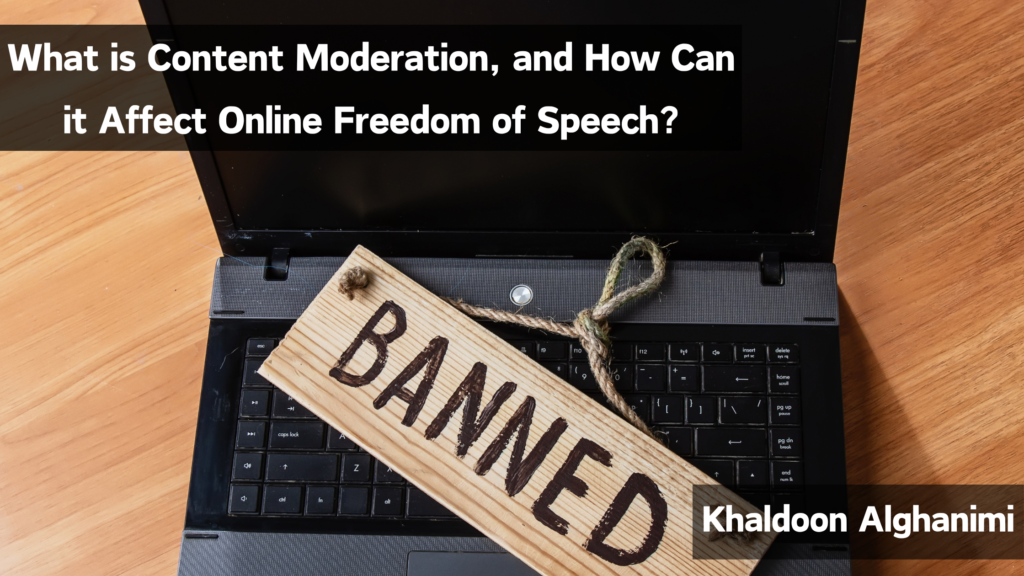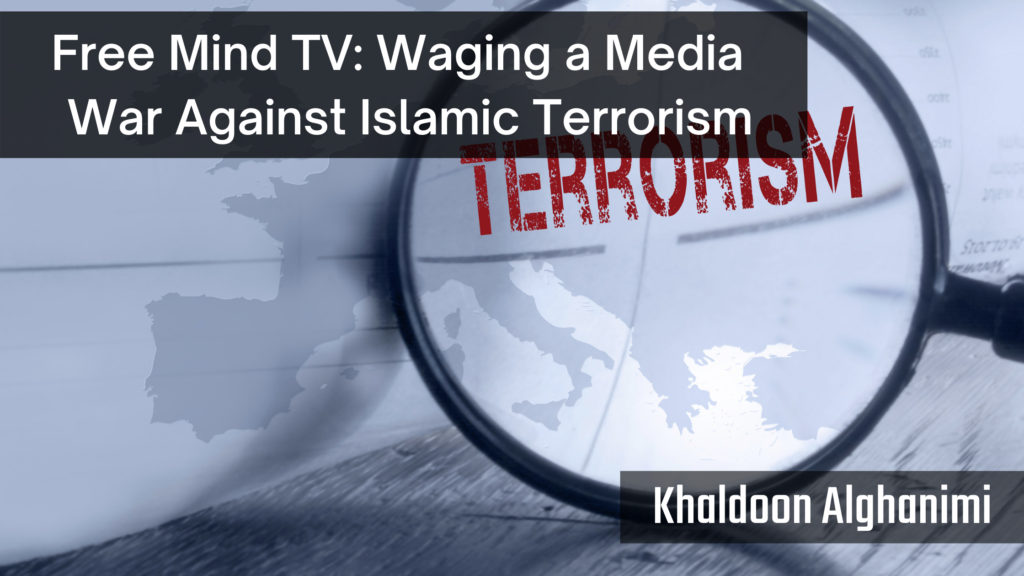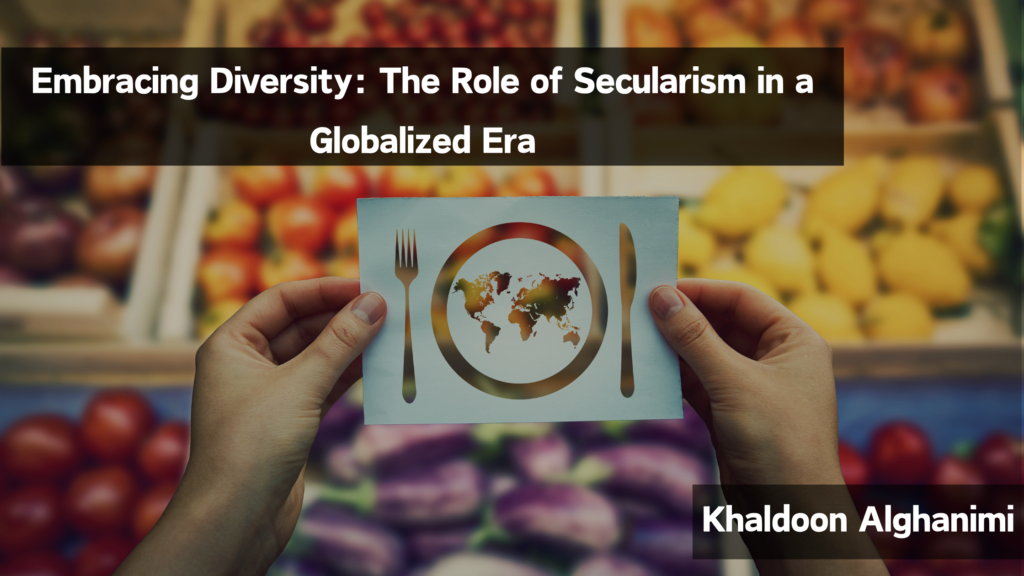Within this article are two main pieces: What is content moderation, and what is Freedom of Speech.
Content Moderation is the process of examining the content and determining what should be permitted on a social media platform. Freedom of Speech is the right to express opinions without fear of censorship or punishment and is one of the most fundamental rights in a democratic society.
Freedom Of Speech
Freedom of speech is a right that every citizen in every democratic country is granted and protects their ability to express themselves freely. In most cases, people are entitled to say and write whatever they want without worrying about how others perceive it.
In the USA, as an example, Freedom of speech is an integral part of society. In most cases, people have the right to say and write whatever they want without having to worry about how others may understand it. This right is enshrined in the First Amendment of the United States Constitution, which guarantees that Congress shall make no law abridging Freedom of speech.
Freedom of Speech also includes the power to speak, listen, and read. One can watch or otherwise observe people do any of these activities, and it can be used as a tool for political expression and social change in various forms, such as through demonstrations, boycotts, civil disobedience, and strikes.
Freedom of Speech is regarded as one of the most fundamental rights in democratic societies because it ensures citizens the opportunity to speak their minds and contribute to public debates.
There are many ways in which Freedom of Speech can be suppressed on social media platforms. Some of these are by using algorithms that censor certain content or by using human moderators who have the power to delete posts or ban users from posting altogether.
What is Content Moderation, and How Can it Affect Online Freedom of Speech?
This article aims to explore the impact and ethics of content moderation on social media. With social media becoming increasingly ubiquitous in our society and daily life, it is crucial that we examine how these platforms are moderating our content.
There are two main types of content moderation strategies: content removal and content restriction. Content moderation strategies are a response to the influx of inappropriate, harmful, and hateful content online. Content removal removes offensive content from the internet, while content restriction restricts access to a site or service.
When we talk about content moderation, They consider it the process of filtering and removing objectionable content (with no graphic images, swearing, or violence) from social media. It also goes by the name “content polishing.”
Social media has been used to spread news and information quickly and with relative ease. Nowadays, it is the primary way that people get their news. The problem with this is that social media platforms have become a battleground for those who want to suppress Freedom of speech.
How does UCONVO handle the moderation process?
This process uses machine learning algorithms on major social media sites like Facebook, Twitter, and others. It is based on Content-Type, Geography, and Language of word content. While the quantity of moderation content by humans is stunningly high, AI’s potential in automating the process neared future to reach that would mean common use and more efficient employment could happen. But, again, this raises a worrisome question: will people be banned from making their voices heard due to automated moderation? The answer is yes; it’s happening everywhere on Facebook, Twitter, Reddit, and many other major social media sites.
However, for that reason, we decided to keep our moderation as human as possible. The reason is that we believe human evaluation will still be better than any preprogrammed AI algorithm.
From a Freedom of Speech perspective, If a social media site has its own rules that are not disclosed in any form, how can its users define important guidelines? It would be difficult for users to implement those rules within a given context. It’s an issue that always surfaces through posts and groups—related to social media sites. There is no such thing as Freedom of Speech on a social media platform that has its own rules. The scope of what can be said is defined within the confines of that particular platform.



